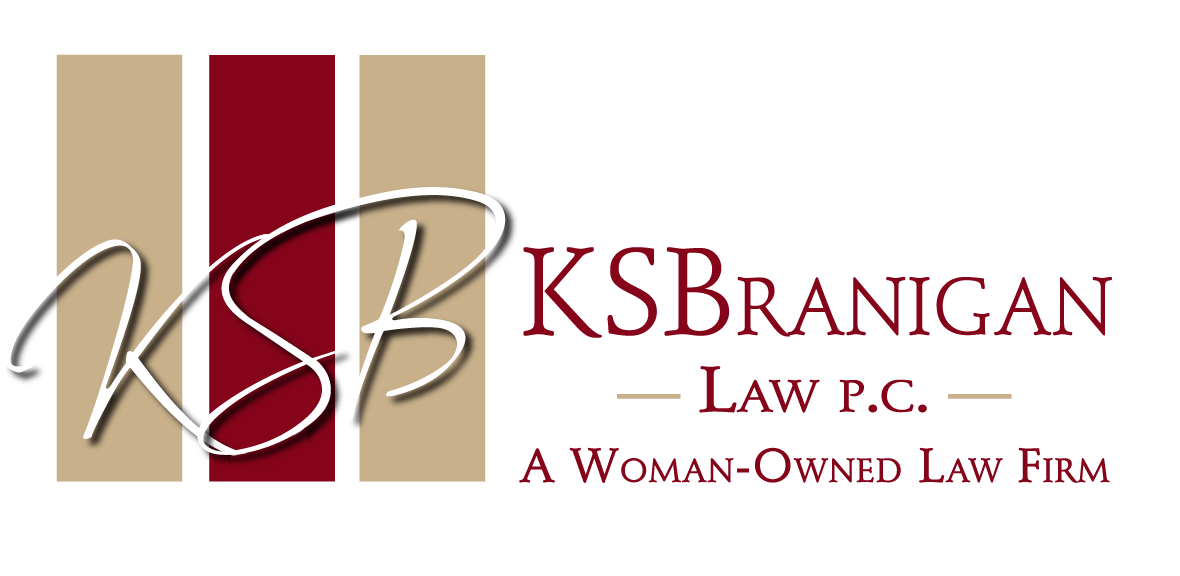President Biden signed the Speak Out Act (the “Act” or “Speak Out Act”) into law on December 7, 2022. Effectively, the Speak Out Act prohibits pre-dispute non-disclosure or non-disparagement clauses with respect to disputes involving sexual assault or sexual harassment between employers and current, former, and prospective employees and independent contractors, as well as between providers of goods and services and consumers.
This legislation was passed based on Congressional findings that 81% of women and 43% of men have experienced some form of sexual harassment or assault throughout their lifetime. Further, 1 in 3 women have faced sexual harassment in the workplace during their careers, and an estimated 87% to 94 % of those who experience sexual harassment never file a formal complaint.
Under the Act, a non-disclosure clause means “a provision in a contract or agreement that requires the parties to the contract or agreement not to disclose or discuss conduct, the existence of a settlement involving conduct, or information covered by the terms and conditions of the contract or agreement.” A non-disparagement clause means “a provision in a contract or agreement that requires 1 or more parties to the contract or agreement not to make a negative statement about another party that relates to the contract, agreement, claim, or case.”
The Act applies only to non-disclosure and non-disparagement clauses in agreements entered before a sexual assault or sexual harassment dispute has arisen; it does not apply to separation and settlements agreements executed to resolve an individual’s claims. While it covers agreements signed prior to the Act’s effective date, it only applies to claims arising after its effective date.
The Act does contain additional exceptions, permitting employers to rely on pre-dispute non-disclosure and non-disparagement clauses to protect trade secrets and proprietary information. It also permits States to enact additional protections.
On the State level, New Jersey enacted legislation in 2019 with respect to certain non-disclosure agreements (“NJ NDA Law”). New Jersey’s law offers broader protections than the Speak Out Act with respect to the nature of the conduct covered and when the agreement occurred. The NJ NDA Law covers agreements entered both before and after a dispute arises. It also applies to all types of harassment, discrimination, and retaliation based on all protected classes under the NJ Law Against Discrimination (“NJ LAD”), not just sexual harassment and sexual assault covered by the Speak Out Act. Essentially, the NJ LAD was amended to render certain non-disclosure provisions unenforceable as against public policy and make non-disclosure provisions in employment contracts or settlement agreements that have the purpose or effect of concealing the details relating to a claim of discrimination, retaliation, or harassment unenforceable against a current or former employee who is a party to the agreement.
The NJ NDA Law did not specifically address whether non-disparagement provisions were encompassed in the prohibition. However, it stands to reason that the law’s protection of an individual’s right to speak out publicly about wrongful conduct at work could naturally result in the employer being portrayed in a negative manner.
Nonetheless, in a recent New Jersey Appellate Division case, Savage v. Township of Neptune, 472 N.J. Super. 291 (App. Div. 2022), the defendants filed a motion against the plaintiff to enforce the settlement arguing that the plaintiff’s actions violated the non-disparagement clause because she had interviewed with a television news reporter and made allegedly disparaging comments about the defendants. The plaintiff attempted to argue that such non-disparagement clauses were void and against public policy. However, the Appellate Division held that the plain language of the statute did not address non-disparagement provisions and the legislative history does not indicate an intent to prohibit the enforcement of non-disparagement provisions. Thus, the Appellate Division found that the non-disparagement provision in the settlement agreement was enforceable and not against public policy. Notwithstanding this, the court found that the plaintiff’s statements during the televised interview did not actually violate the terms of the settlement agreement.
To clarify this issue, New Jersey legislators have proposed another amendment to the NJ LAD with respect to non-disparagement clauses. (A4521/ S2930) (“NJ Bill”). The NJ Bill would essentially limit the use of both non-disclosure and non-disparagement clauses in employment contracts by adding the following language: “A provision in any employment contract that waives any substantive or procedural right or remedy relating to a claim of discrimination, retaliation, or harassment, including but not limited to, a non-disclosure or non-disparagement provision, or other similar agreement, shall be deemed against public policy and unenforceable.”
The NJ Bill also provides that non-disparagement provisions (as well as non-disclosure provisions prohibited through the NJ NDA Law) are prohibited in settlement agreements. It also would remove the 2019 exemption for collective bargaining agreements. Like the 2019 NJ NDA Law, the NJ Bill would encompass claims of discrimination, harassment, and retaliation based on all protected classes under the NJ LAD, not just sexual harassment and assault. The NJ Bill passed in the Assembly on October 3, 2022. It has been introduced in the Senate and referred to the Senate Labor Committee.
In light of the federal Speak Out Act, as well as to the existing NJ NDA Law, organizations should review and revise, as necessary, their handbooks, policies, and employee confidentiality, non-disclosure, and non-disparagement agreements to ensure compliance.
This summary is for informational purposes only and is not intended to constitute legal advice. This information should not be reused without permission.


